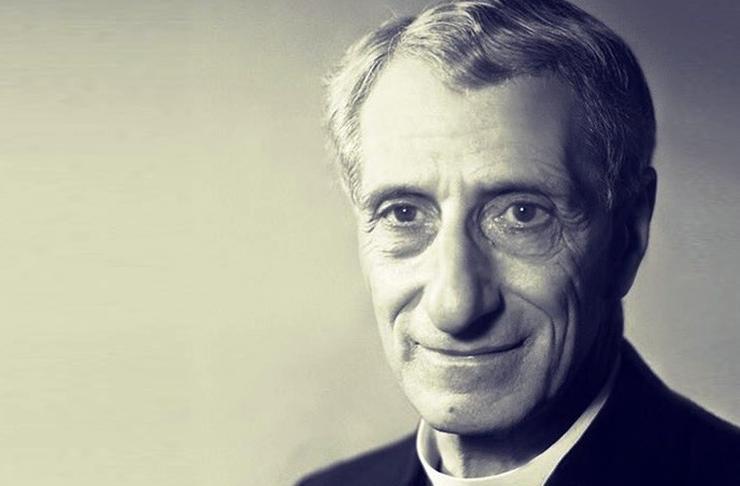The Today Moment Of Don Sturzo.

“I have nothing, I own nothing, I do not want anything, I have fought all my life for a complete but responsible political liberty. To the loss of economic freedom, towards which we are moving ahead in Italy, it will follow an actual loss of political freedom, even if the elective forms of an apparent Parliament will remain.
This Parliament day by day will follow its abdication in the face of bureaucracy, the trade unions and the economic entities, which will form the structure of the new state more or less Bolshevist. May God dispel my prophecy” (Don Luigi Sturzo, October 4, 1951)
Why after 100 years the moment of this a Christian, a priest, a secular politician for Italy should be alive today and tomorrow? We refer to Don Luigi Sturzo. This, his moment is not casual, but expresses the growing need for strong references, for teachers in an age of great loss, of great “noises”, of great and justified and unjustified fears, of the
absence of thought.
Studying the great characters makes us discover sometimes true masters, not only of the past, but for the present and for the future. Don Luigi Sturzo was and still is a teacher of political ethics for anyone who wants to “serve politics and not use politics” as he used to say. Sturzo was a philosopher, sociologist, profound economist, public administrator, in short, one of the most important politicians of the Italian twentieth century. Nevertheless Sturzo remained always and above all a priest – intense, total priest dedicated to Jesus Christ and to the rigorous fidelity to the Church, even when this made him suffer.
Luigi Sturzo (26 November 1871 – 8 August 1959) was, actually, an Italian Roman Catholic priest. He was known in his lifetime as a “clerical socialist” and is considered one of the fathers of the Christian democratic platform. From 1919 on promoted the Partito Popolare Italiano. He was forced into exile in 1924 with the rise of Italian fascism. In exile in London (and later New York) he published over 400 articles critical of fascism and later of the post-war Christian Democrats.
In 1951, he founded the Luigi Sturzo Institute and in his Sicilian town, Caltagirone, he organized the Catholics in wide-ranging cultural and political projects: rural and banking cooperatives, schools, newspapers. He wanted his fellow citizens to understand that the city was not private property of the notables, but to be a common good, an actor of development, the pillar of civil life. From his initiatives he emerged as a national leader. Even today, after 100 years from the Appello ai Liberi e Forti (A call to the Free and Strong – January 18, 1919) his teaching is carried out in many local areas throughout Italy.
Sturzo’s inspiration for his social and political commitment was the encyclical Rerum Novarum, which dated back to 1891. The Rerum Novarum explains with great clarity that first of all comes the person, the freedom of the person, the dignity of the person, and that to preserve this there are intermediate societies, which do not derive from the State, because they are the primordial cells of society: the family, the Municipality, and from there society gradually rises with the principle of subsidiarity towards the “state organism”. For him, the City was not just an administrative organ; but a political cell, a community to which the municipal services are at the service; this community, the Municipality, does not derive from the state, but has its original strength, its autonomy, its sphere of freedom and energy that must be liberated.
In Caltagirone he was “pro Sindaco” (because as a priest he could not be a mayor), that in fact means pro-Mayor from 1905 to 1920, and offered his extraordinary commitment to the service of his city. Sturzo felt the need to build a network of contacts and thought, because he was also a great realist and knew that by staying alone you are defeated, you do not go anywhere. Therefore he built a network of “complicity” with other young priests of his age, and not only with them, going further out of the Catholic circles he had contacts with the socialists.
Looking at don Sturzo we can understand what pope Paul VI, stated: Politics are, or should be, the greatest form of Christian love, and of course, we can add, the greatest form of authentic advocacy.
John Paul Pezzi, mccj
VIVAT International NGO,
with consultative special status at UN



